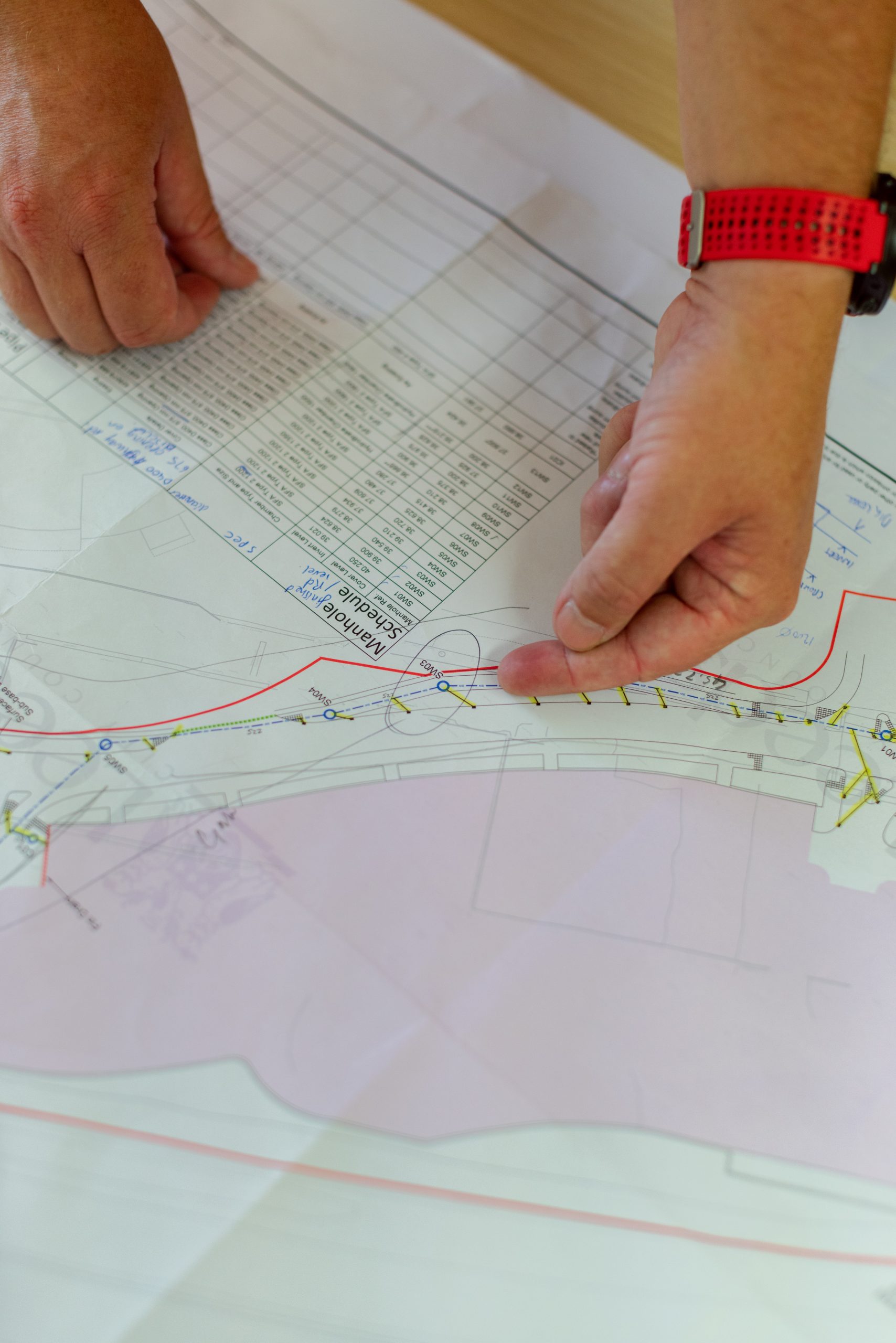Pharmaceutical
Pharmaceutical engineering and plant design consultant
Pharmaceutical engineering and plant design consultants help you expand pharmaceutical production lines in factories more efficiently and effectively. Their work includes regulatory compliance, validation, and implementing logistics services for maintenance and systems management. Most consultants assist firms from the initial concept stage onwards, guiding them through every step of the plan.
Industries we can help with
Food And Drink
Food processing plant design consultants can help you improve your plant’s energy efficiency, increase your rate of production, reduce lead times, and achieve 100 percent food safety compliance. However, they are also essential when you want to expand your operations.
Pet Food
Setting up a pet food production line is similar to a human food production line. However, as you might expect, there are some differences.
Petrochemical
Using an outside consultant for your petrochemical engineering projects can help you to maintain safety, efficiency and productivity like never before, all while minimising your spend and controlling your budget for your petrochemical plant construction.

How consultants help with pharmaceutical engineering and plant design
Pharmaceutical engineering consultants can assist with process improvement in the pharmaceutical industry on many levels.
Feasibility studies
Even if you have a drug that works, scaling production might not be economical. The market might be too small, or the fixed factory costs might be excessive.
Pharmaceutical engineering and design consultants provide you with business plans and solid sales forecasts, showing you what is likely to happen if you push ahead with development. They can give you an advanced warning, telling you whether it is economical to set up a new plant or not.
Good plans consider whether:
- The project is viable once all factors are taken into consideration
- The project has a good business case
- The scope of the project is adequately defined
- The estimated costs are known within a certain error (usually 30 percent)
- There are sufficient resources to proceed with the project
- There is quality information available on various design options

Design and planning
Following feasibility studies come initial engineering concept design. This helps you to settle on the best design for the factory or line that you want to build.
Pharmaceutical plant design consultants can connect you with consultants with expertise in cleanroom construction. They often maintain a database of their most trusted contractors, choosing the one they feel will be the best choice for you.
If you already have a design for your plant, consultants can review it to ensure that it is compliant with existing regulations and has the optimal design for your intended manufacturing use. You can get help with things like lean manufacturing, economic batch quantities, and optimal workflows.
Management services
Project management services are helpful when you want to get a new plant up and running, or you require assistance with day-to-day operations, perhaps because of a lack of internal expertise. Consultants ensure that you comply with the relevant regulations for your industry. Consulting firms often have extensive experience in critical compliance issues, biotech, medical devices, and veterinary solutions.

Process safety
Process safety in the pharmaceutical industry is another extremely important area where consultants can assist. Medicines and other items should be identical between batches and have consistent packaging with clear usage instructions.
Consultants help manufacturers to get this aspect of their operations right. They help build quality control systems that meet the tight tolerances required by patients and regulators.
Commissioning and qualification
Lastly, pharmaceutical companies often require commissioning and qualification throughout product life cycles. Consultants use risk-based approaches to divert scarce resources to projects towards things that improve product safety and reduce litigation risk.
Services we can help with
 Mechanical and Electrical Services
Mechanical and Electrical Services
 Lift and Shifts Works
Lift and Shifts Works
 Construction
Construction


